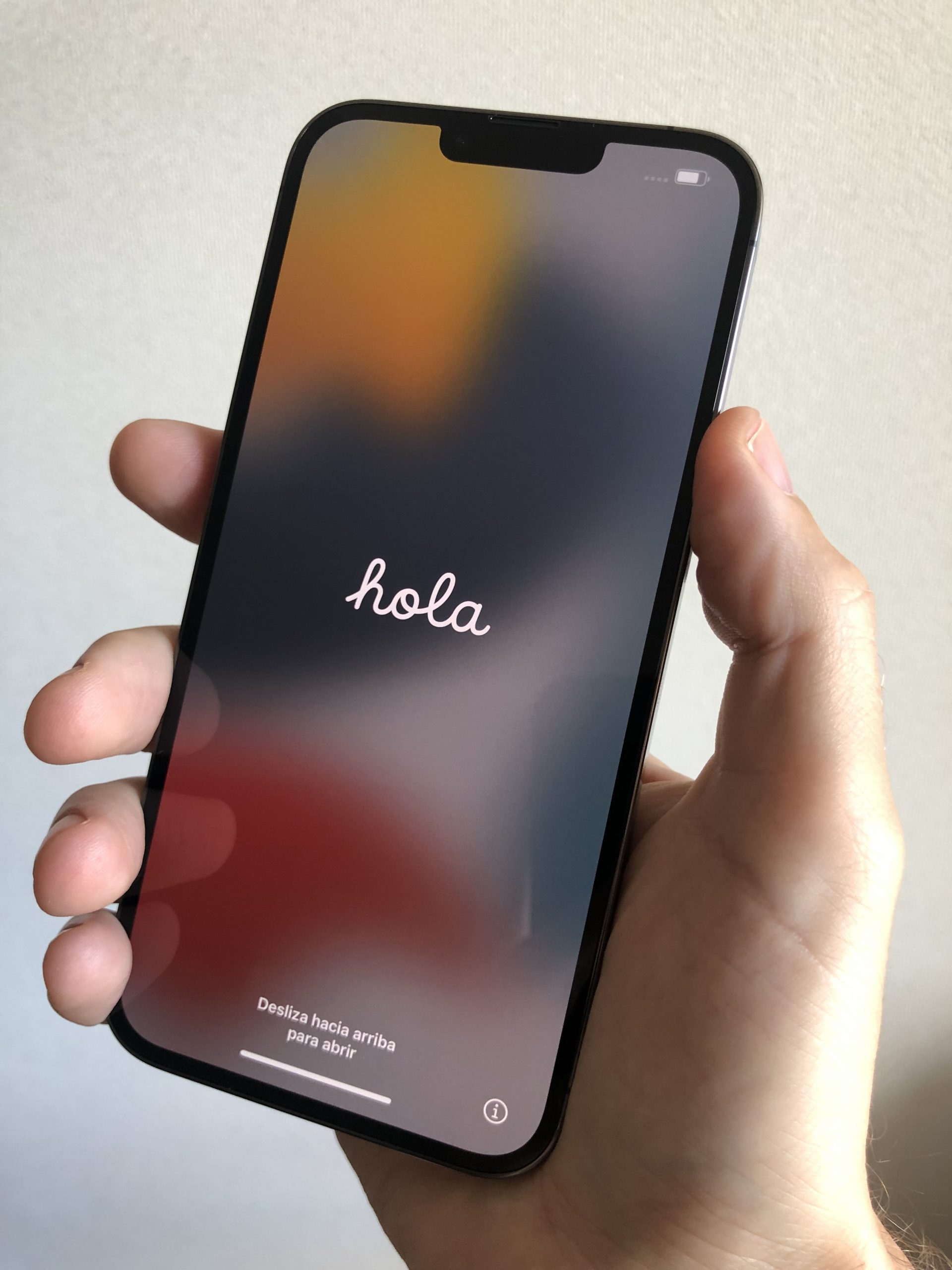A Boost in Power is on the Horizon.

As we approach the anticipated September launch, rumors about the iPhone 16 are accumulating. The latest buzz suggests that the new model will feature upgrades in RAM and storage, specifically designed to support advanced AI functionalities.
This information originates from a South Korean report, circulated by the renowned tipster @Tech_Reve. According to the report, the base model of the iPhone 16 could be equipped with either 8GB of RAM, 256GB of storage, or possibly both. These enhancements aim to provide the integrated AI with additional capacity for processing, storing, and executing commands.
In comparison, the most affordable iPhone 15 model comes with 6GB of RAM and 128GB of storage, although versions with 256GB and 512GB are also available. The increased capacity is deemed necessary to accommodate the demanding requirements of generative AI tools.
Currently, only Google’s smallest AI model, the Gemini Nano, is compact enough to be integrated into a smartphone, specifically the Pixel 8 Pro and the Samsung Galaxy S24. However, this might change in the future. At present, a significant portion of AI computations are still being offloaded to the cloud.
AI Integration: A Ubiquitous Phenomenon
A fascinating report has recently emerged from a Korean securities firm. Analysts speculate that the iPhone 16’s RAM capacity may increase to accommodate on-device AI. Interestingly, Apple is reportedly exploring the use of NAND flash for running on-device AI instead of RAM.
Apple takes pride in its ability to perform as much computing work as possible locally, thereby ensuring that more of your information is securely stored on your device.
If Apple’s promised AI features are to be realized, the iPhone 16 may indeed require additional power. However, as acknowledged by the tipster, nothing is confirmed yet, and Apple’s plans could still change. This also raises the question of how much of this AI functionality might be available on older, less powerful handsets.
While the exact nature of these AI features from Apple remains unknown, all indications suggest that iOS 18 will feature a host of generative AI tools similar to those seen in other phones. Interestingly, Google might be lending a hand.
Apple is likely to reveal more at the Worldwide Developers Conference (WWDC), which typically takes place every June. Following this, we can expect public betas for iOS 18, and eventually, the release of the new iPhone 16 handsets in September.
Related Posts

ChatGPT’s Google Search Rival Set to Launch ! – Can SearchGPT Break Google’s Dominance?
A New Era for the Internet? ChatGPT’s Google search rival, SearchGPT, is anticipated to make its debut by the end of this year, marking a significant advancement in OpenAI’s chatbot technology. According to the Press Gazette, Varun Shetty, OpenAI’s head of media, confirmed at a Brussels conference that SearchGPT is expected to be integrated into ChatGPT by year-end. SearchGPT, OpenAI’s AI-driven search engine, is designed to provide quick answers without the need to visit other websites. Users can simply ask, “Did the Kansas City Chiefs beat the Miami Dolphins last night? And if so, who scored?” and get a complete summary of the results. Currently, SearchGPT is in the testing phase, and early reports of its performance have been mixed. The Washington Post’s hands-on review in September highlighted that Google’s AI competitor still requires improvements. Shetty’s announcement that SearchGPT will be available before the end of 2024 indicates that OpenAI has made strides in its development, bringing it closer to competitors like Perplexity and Arc Search. War of the Search Engines The introduction of OpenAI’s search engine could be pivotal in both AI development and the competition for search engine supremacy. Google has long held an unrivaled position, but OpenAI’s advancements could pose a significant challenge. Unlike traditional search engines, SearchGPT responds to queries in natural language and provides sources for its answers, allowing users to easily access full articles. Shetty mentioned, “This is the core experience we’re building. It’s about finding the right balance between users and publishers.” Currently, ChatGPT provides answers without citing sources. The launch of SearchGPT aims to address this concern by enabling users to read original content rather than just receiving brief AI-generated summaries. Using AI on my iPhone 16 Pro Max for web searches with Arc Search has been impressive, but OpenAI’s entry into this arena could be a game-changer. Time will reveal if SearchGPT can truly compete with Google to become the preferred search engine for internet users. End of Article There you go! Now, it’s all revamped and ready to catch the eye. 🎉 Related Posts

Android’s Find My Device: A Compass Tool and UWB Support on the Horizon
In the ever-evolving world of smartphone features, the race to enhance device tracking capabilities has taken center stage. Android’s Find
